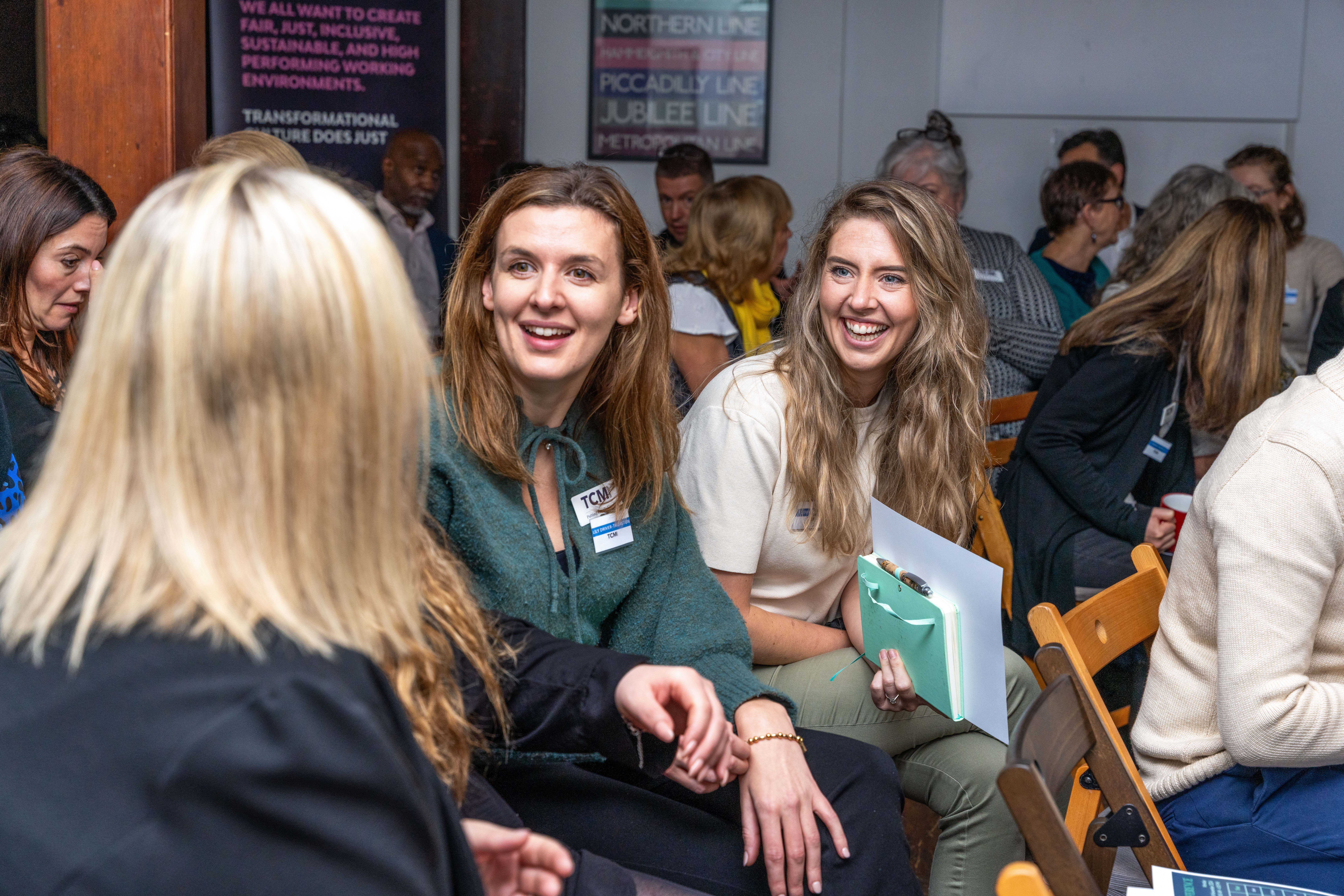
Share article:
Tags:
We all look at others at times and wonder why on earth they can’t or won’t change, and a lot of the time, whatever we think needs to change in someone else, seems so blindingly obvious to us it can drive us up the wall with frustration. “It doesn’t make any sense! If only they’d just…” (insert whatever is currently driving you completely crackers about your child/parent/sibling/friend/colleague/boss here).
- Why can’t she just stick to her diet?
- Why do they always react like that?
- Why won’t he mind his own business?
- Why is that so important to them?
Let’s look at the Paradoxical Theory of Change, which suggests that:
“change occurs when one becomes what he is, not when he tries to become what he is not.”
According to the Gestalt school of Psychology, coercion, trying, persuading, offering opinion or even insight won’t help people to change, and it won’t help you to change either. Only by rejecting the role of the change agent (i.e., either the person willing you to change – this maybe your boss, your partner or your mother of course ? or that dreaded voice in your head telling you that you must or should change), can change start to occur.
Or in other words, if your feet aren’t firmly grounded where you are right now, how on earth can you expect yourself to move?
When using Gestalt to consider change through coaching, we invite the client to remain in the here and now, and to fully observe and explore it. The theory suggests that it is here where self-awareness, resilience, acceptance, and confidence may be found. And for the coach, resisting the urge to ‘make a difference’ or ‘get them there’ is useful in terms of the cleanliness of our own practice too. Nobody is leading, nobody is following. The relationship can remain equal as it should, with both parties simply responding to what is, rather than pushing an agenda of ‘what should be.’
Now, this might not be welcome news for organisations who are considering coaching because they want a quick-fix, instant impact, fast ROI solution to their challenges (spoiler alert – good quality coaching won’t sell you an overnight miracle). And for coaches themselves, leaning into the discomfort of not feeling like you’ve done ‘enough’ in a session to move the needle can feel pretty scratchy too. I’ve coached a lot of people who really wanted to change. And at times in my own life, like all of us, I’ve really wanted to change too. I’m sure we can all resonate with the meme of the toddler pulling her own hair whilst simultaneously screaming in pain at the top of her lungs.
But the more we try to change, the more fixes we search for, avenues we hurl ourselves down, and the more people we ask hoping someone will just give us the damn answer or tell us what to do, the more ‘stuck’ we can end up feeling.
And the more we try to change other people, quelle surprise… the more they resist. So, when your Mum asks you (when you’re on a diet) if you really should be ordering dessert, you will 100% order dessert regardless of whether you were going to in the first place. What Mum doesn’t realise is that by trying so hard to be an agent for change, according to Gestalt theory, what she’s actually doing is actively creating the exact behaviour that she’s trying to change!
Now, having said all that, of course, coaching can absolutely support long-term, sustainable, positive change. I’ve made more sustainable change in my life through access to a good quality coach than I have ever managed without one. I’ve coached clients through changes they’d been trying to make for years. But it didn’t happen without the here and now bit. It happened because it was coupled with more awareness and a greater acceptance of the current reality, and more access to personal resilience in the present.
Proust said:
“To heal a suffering, one must experience it to the full.”
Gestalt agrees. Change happens through the sometimes painful but often immensely powerful process of putting our feet exactly where they are right now and observing, exploring, and accepting ourselves in that place first.














